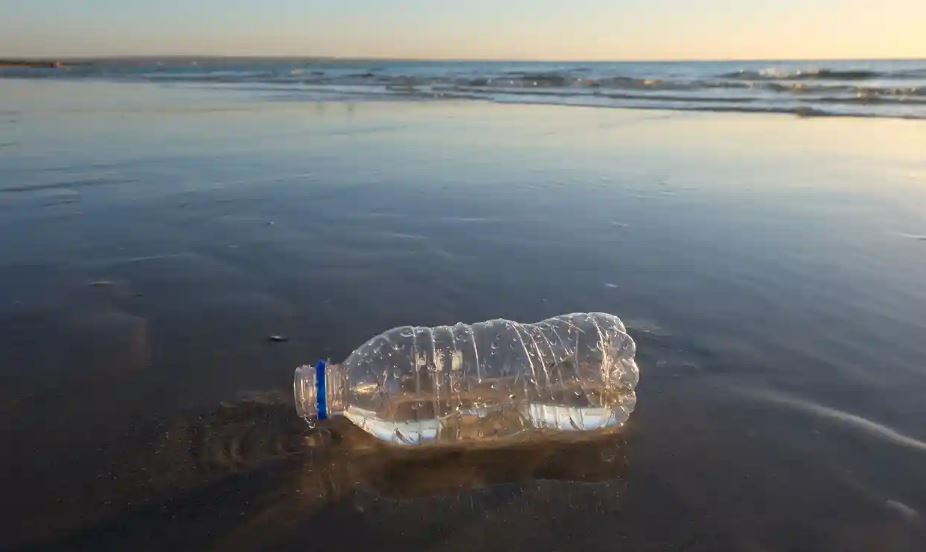
The amount of plastic pollution on Australia’s coast has decreased by up to 30% on average as a result of work by local governments to reduce litter, according to a recent study published by researchers at CSIRO and the University of Tasmania.
The study involved surveys of 183 coastal sites in six Australian states for plastic and other litter, such as glass, in 2018-19. Thirty-two of the locations had also been studied in 2012-13. When those results were compared to the 2018-19 findings, there was an average decline in pollution of 29%, most of which was from plastics.
The researchers also interviewed local governments about their strategies and policies to reduce waste to better understand which measures were most likely to result in changed behaviours.
They found that actions and programs that encouraged environmental stewardship of coastal areas or that used economic measures, such as container deposit schemes and reliable kerbside collection, to motivate waste disposal had the greatest impact.
“While plastic pollution is still a global crisis and we still have a long way to go, this research shows that decisions made on the ground, at local management levels, are crucial for the successful reduction of coastal plastic pollution,” Kathryn Willis, the lead author and a newly minted Doctor nearly finished PhD candidate at UTAS and CSIRO.
This research suggests that some of the new policies introduced around Australia since 2019, such as bans on single-plastic bans and the expansion of container deposit schemes, like that set to open next year in Tasmania, will likely deliver even larger benefits.
Read more about it in this recent Guardian article.
